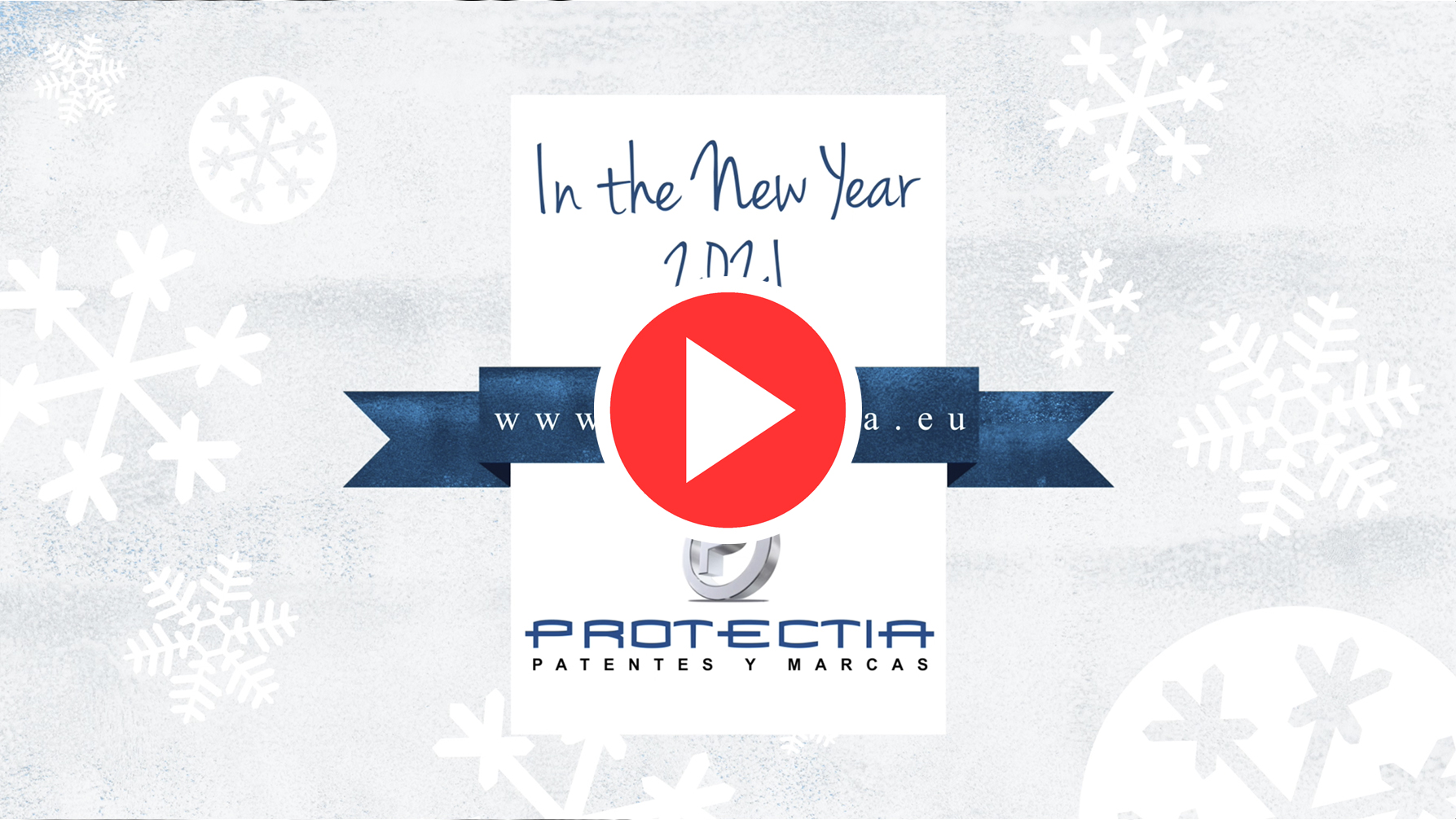The winners of European Inventor Awards 2014 were presented yesterday, 17th of June, among great expectations and general excitement for the big event, also called the “Oscar of technology”.
EPO`s Twitter profile has been flooded with messages, pictures and fragments of the award ceremony. “Whatever some critics may say, Europe is still a powerhouse of innovation”, and also “The European IP system is a positive example of what Europe is able to achieve when it pools its resources” said EPO’s president Benoit Battistelli.
From Protectia we agree considering the European Inventor Award a great challenge for innovation and an occasion to celebrate the genius of inventors which with their solution tries to make human quality life better.
The 15 inventors (or teams of inventors) have been selected by an international and independent jury, consisting of authorities in the most various fields (such as research, media, science). The following video presents the jury:
Between the finalists there are scientists, engineers and inventors who belong to the fields of biotechnology, construction, medical technology, telecommunications, etc.: all of them have developed technologies that contribute to social, economic and technological process.
Among the winners of European Inventor Award 2014, three are inventors of the medical technology field, a sign that technological advances in healthcare are welcome, encouraged and honoured.
Winners of European Inventor Award: the categories
- For the “Industry” category: Koen Andries and his team, inventors of a drug against multidrug-resistant tuberculosis.
- For the category “Small and medium-sized enterprises” (in which also competed the Spanish creator of fractal antennas for mobiles, Carlos Puente and his team) : Peter Holme Jensen, protein chemist and founder of biotech company Aquaporin, with the invention of an energy-efficient method for water purification.
- For the “Research” category: the winner is British scientist Christofer Toumazou, inventor of microchip for quick DNA testing. An invention which have several benefits: make DNA testing more economical for clinics and hospitals and provides patients with results within minutes rather than weeks.
- For the “Non-European countries” category: the winner is Charles W. Hull, creator of 3d printing (stereolitography), technology which could become one of the biggest revolution in manufacturing since the industrial revolution. On the other hand, Japanese Masahiro Nagaya Takayuki Hara, won the “Popular Prize” for the invention of QR code (Quick Response code).
- For the “Lifetime achievement”: the winner is the German Artur Fischer, owner of more than 1.100 patents, including the first synchronized flash for cameras.
We congratulate all the finalists and winners of European Inventor Award 2014: all of them have developed technologies that contribute to social, economic and technological progress.


